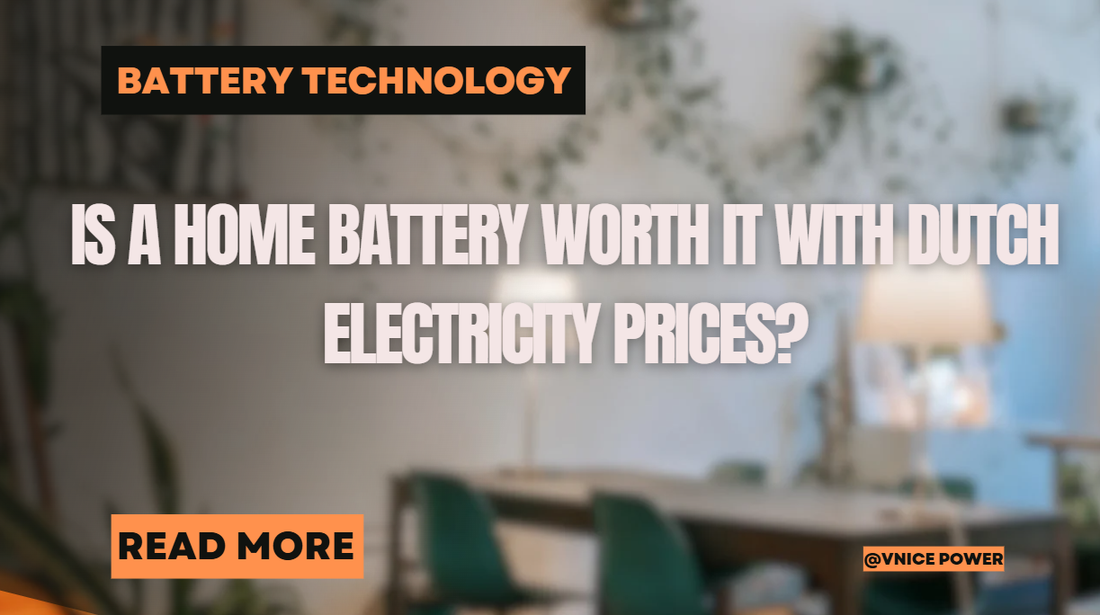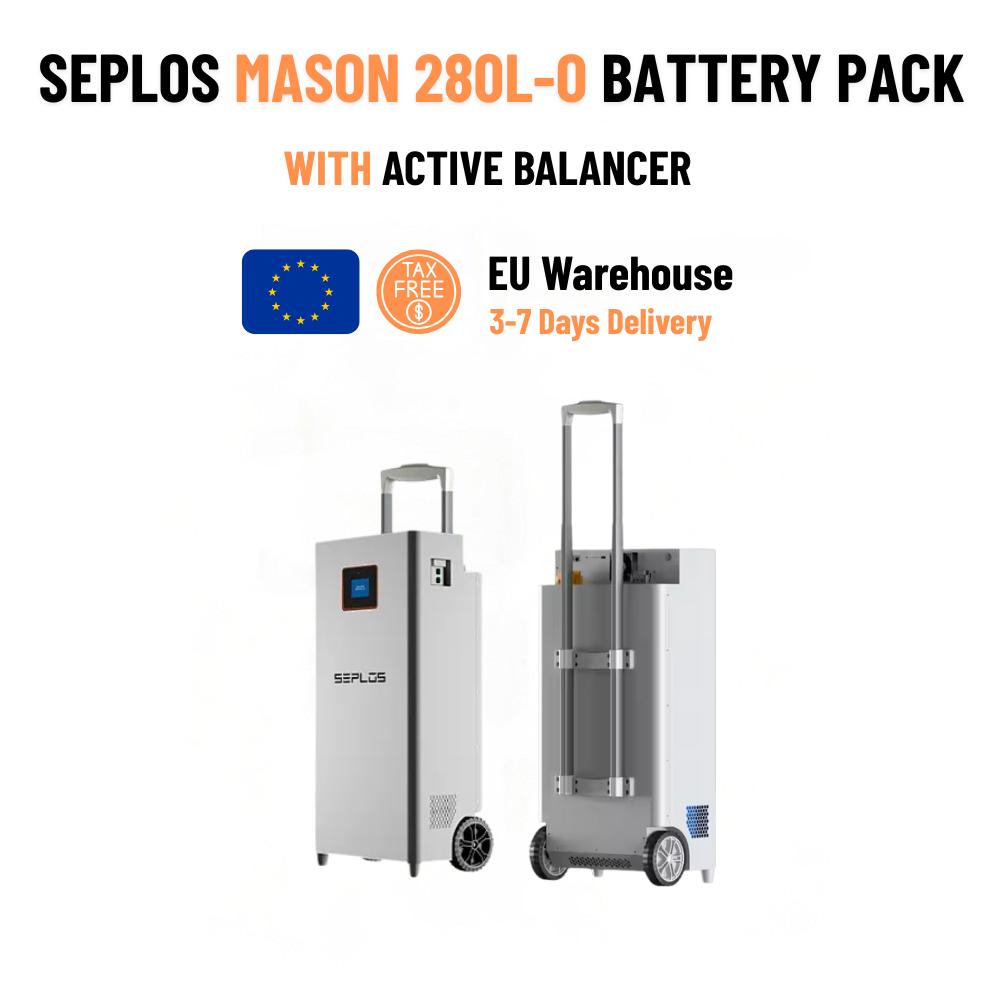
Is a home battery worth it with Dutch electricity prices?
Is a Home Battery Worth It with Dutch Electricity Prices?
Introduction
With the Netherlands leading Europe in solar energy adoption, thousands of homeowners are wondering whether a home battery system is worth the investment. As electricity prices fluctuate and the government phases out the net-metering (salderingsregeling) policy, many Dutch households are considering energy storage solutions to stay independent and save money.
In this post, we’ll break down Dutch energy costs, calculate potential savings from installing a home battery, and explain why systems like the 32KWh Mason 560 battery from Vnice Power are becoming increasingly popular in the Netherlands.
1. The State of Dutch Electricity Prices in 2025
Electricity prices in the Netherlands have remained volatile since 2022. While average prices currently hover between €0.35–€0.45 per kWh, peak-hour rates can exceed €0.50 per kWh.
Meanwhile, the net-metering policy (which allowed solar users to offset electricity fed into the grid) is being gradually reduced from 2025 to 2031, meaning solar owners will earn far less for exported electricity.
👉 This shift makes energy storage systems — such as 30KWh or 32KWh home batteries — more valuable than ever.
2. Why a Home Battery Makes Financial Sense
A home battery system allows you to store excess solar energy during the day and use it during peak demand, reducing your reliance on expensive grid power.
Let’s look at an example:
| Scenario | With Battery | Without Battery |
|---|---|---|
| Solar generation/day | 25 kWh | 25 kWh |
| Self-consumption | 80% | 40% |
| Annual savings | €1,600 | €800 |
| Payback period | 6–8 years | 10+ years |
A typical 32KWh battery can store enough electricity to power an average Dutch household for 1–2 days, depending on usage.
3. Choosing the Right Battery for Dutch Homes
Dutch homes often pair well with modular, wall-mounted, or floor-standing batteries that integrate with solar PV inverters.
The Mason 560 battery (30KWh–32KWh) is one of the best options for this market because:
- It operates at 48V, compatible with most EU inverters.
- Modular 32KWh capacity suits family homes or small businesses.
- High safety lithium chemistry and long cycle life.
- Competitive 32KWh battery price in Europe with VAT-free shipping from EU warehouses.
4. ROI and Energy Independence
With Dutch energy prices staying high, a 30KWh–32KWh battery system typically pays for itself in 6–8 years, while offering:
- 70–80% energy independence.
- Reliable power backup during grid failures.
- Protection from rising energy tariffs.
- Increased home resale value.
The Mason 560 not only helps you save but also ensures stability during blackouts — an important factor for modern households running EV chargers, heat pumps, and electric cooking systems.
5. Future of Energy Storage in the Netherlands
By 2030, experts predict more than 1 million homes in the Netherlands will integrate batteries with their PV systems. As incentives and technology improve, early adopters in 2025 will gain the highest long-term savings and flexibility.
Conclusion
So, is a home battery worth it in the Netherlands?
Absolutely — especially as net-metering is phased out and electricity prices remain unpredictable. Investing in a 32KWh battery like the Mason 560 from Vnice Power provides both energy security and strong financial returns.
Start building your energy independence today with our EU-warehouse batteries:
👉 Shop 30KWh–32KWh Batteries in Europe
🧠 Content Summary
Dutch electricity prices remain high, and with net-metering being reduced, home batteries have become an economically smart investment. A 32KWh battery like the Mason 560 can deliver 6–8 year payback, high energy independence, and reliable backup power.

